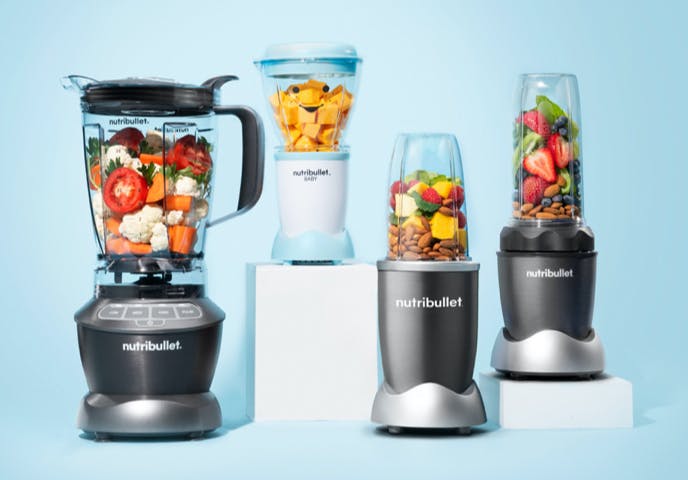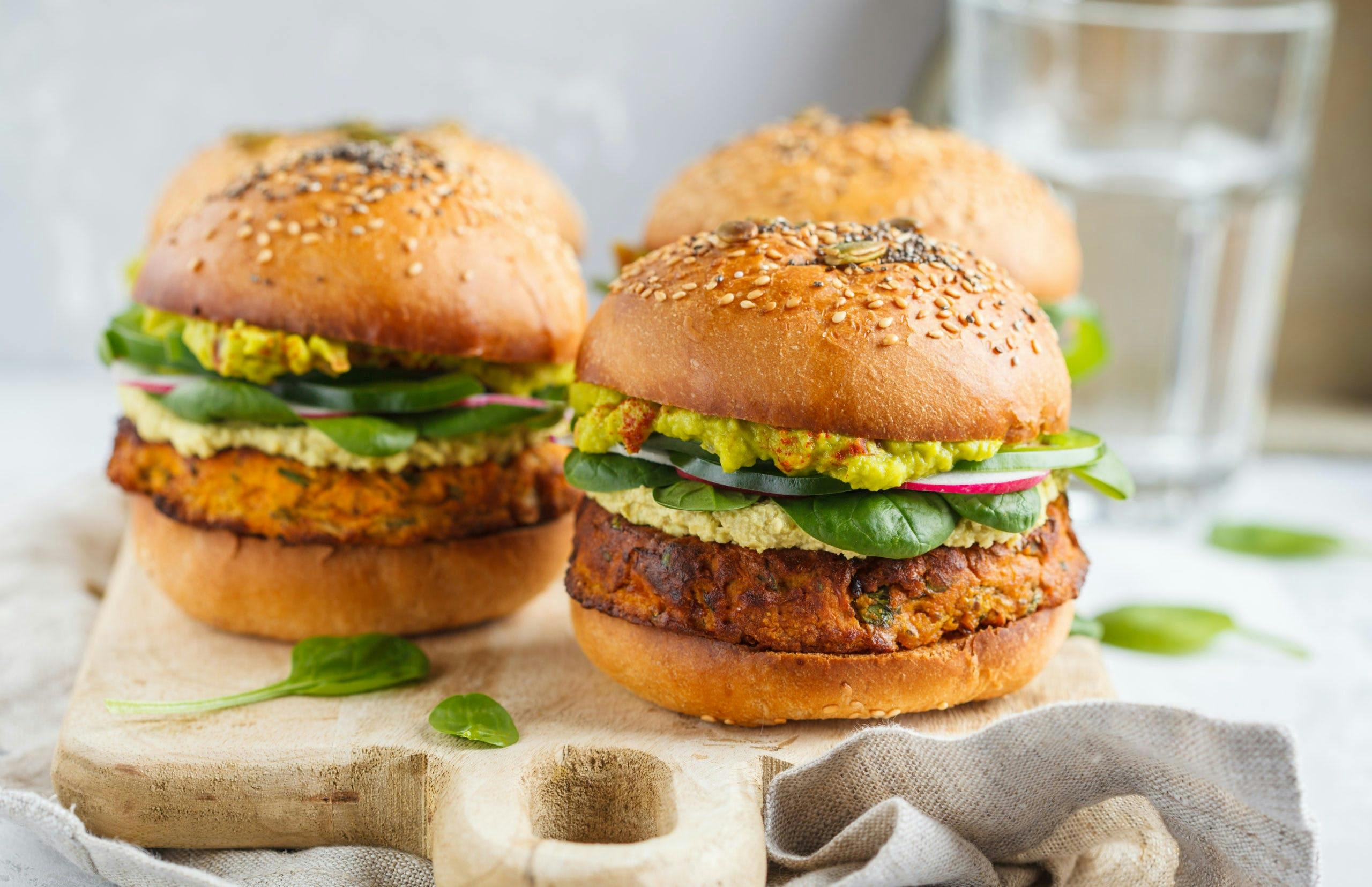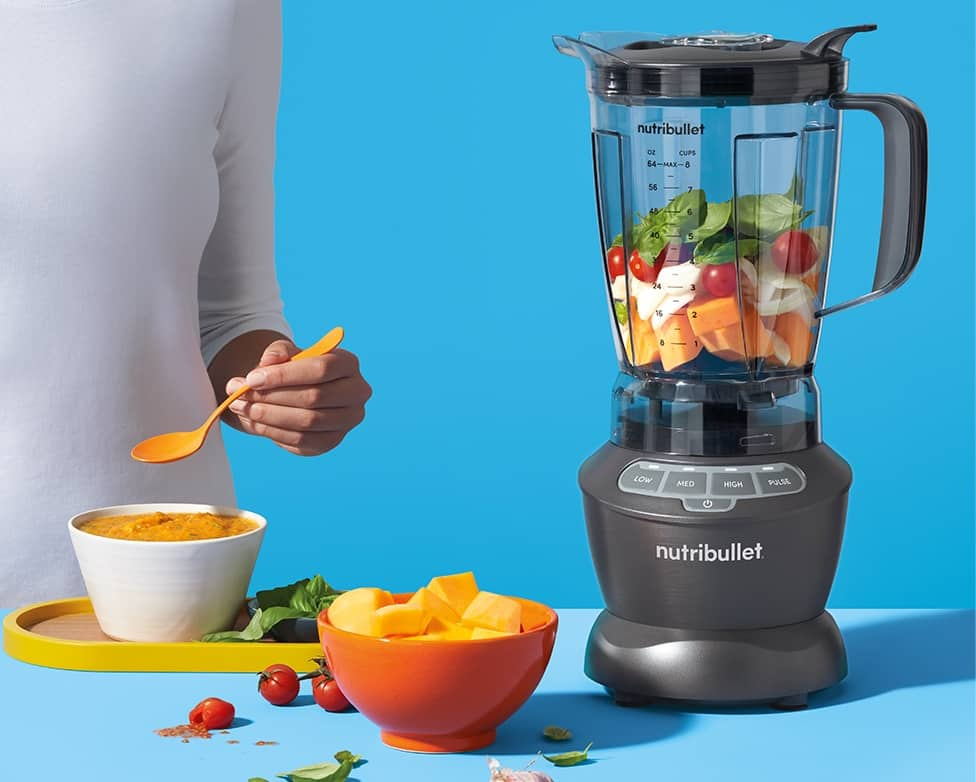Beside ringing in the spring season, April is also Irritable Bowel Syndrome (IBS) awareness month. Shockingly, IBS affects 10 to 20 percent of the population, more often affecting women than men. While the causes of IBS are unknown, those who suffer from it usually experience exaggerated gastrocolonic responses in the small intestine and gall bladder with food intake, changes in gastric hormone secretions, and painful internal discomfort that can upset digestion and appetite. In addition, behavioral, cognitive, and emotional patterns can trigger IBS symptoms, which can include flatulence, bloating, abdominal pain and cramps, low-grade mucosal inflammation, and disturbed colonic motility. Luckily, a combination of lifestyle and dietary changes can help manage IBS.
Impact of Carbohydrates on IBS
There is a plethora of evidence that supports dietary modification in the treatment of IBS. The metabolism of fiber, fermentable carbohydrates, and gut bacteria can contribute to the symptoms of IBS, but to understand the corresponding dietary recommendations, it’s important to also understand the physical properties of fiber.
Fiber and carbohydrates can be measured as short-chain and long-chain, while fiber can be categorized as soluble and insoluble. Short-chain fructo-oligosaccharides and galacto-oligosaccharides are produced when gut bacteria ferments the carbohydrate and soluble fiber that reaches the colon. Once in the colon, they are fermented into short-chain fatty acids (SCFA) and produce gases (carbon dioxide, hydrogen, methane), changing the fecal load and resulting in flatulence, bloating, and GI discomfort.
Fiber’s ability to dissolve determines if it undergoes fermentation in the body, or if it acts strictly as a stool bulking agent. Soluble fiber has an amazing ability to retain water and ferment once it’s in the colon. Insoluble fiber does not have the same water-holding capacity as soluble fiber, and instead helps increase fecal mass and colonic transit – the things that help you go number two!
Some carbohydrates have a tendency to pull water into the intestine — these are classified as FODMAPs (Fermentable Oligo-, Di-, Monosaccharides, And Polyols). Excess FODMAPs might go undigested, allowing gut bacteria to ferment them similarly to soluble fiber, causing gas. Understanding the physical properties of carbohydrates and fiber and knowing how the sources are classified can help determine the type of treatment and any necessary dietary restriction.

Probiotic
Products like yogurt, probiotics, and fermented foods have become popular lately because of their positive effects on gastrointestinal (GI) health. Two bacteria of interest include Lactobacillus and Bifidobacterium species. These two species have anti-inflammatory properties. Those with IBS have lower than normal ratios of these, contributing to low-grade inflammation. Ultimately, a healthy gut bacteria population can better a person’s overall health.
When selecting a probiotic, be sure to avoid fillers like fructans, polyols, fructose, and lactose. These items are considered FODMAPs and can affect an individual, especially if they suffer from diarrhea symptoms of IBS (known as IBS-D) and ingredients are labeled FODMAP.
Dietary Restrictions
Researchers have examined how dietary restrictions can help lessen physical symptoms related to IBS, including gas, bloating flatulence, abdominal pain, or a combination.
Dairy
An individual can suffer from lactose intolerance and IBS simultaneously, but dairy products themselves are not a contributor to IBS symptoms. Individuals with constipation symptoms of IBS (known as IBS-C) and mixed symptoms of diarrhea and constipation (known as IBS-M) experience similar symptoms as those suffering from lactose intolerance. In order to tell them apart, elimination of dairy from the diet can be used to identify the digestive culprit.
Fiber
Soluble fiber carbohydrates for individuals with IBS-C can increase gas, flatulence and bloating, while slow and non-fermentable carbohydrates may increase diarrhea in individuals with IBS-D. Individuals with IBS-C need to consume foods that do not ferment to avoid the production of gas. Individuals with IBS-D need to consume foods that have a lower colonic transit time and a weak laxative effect. Those who experience a range of symptoms should complete a food journal and note the symptoms with the triggers foods for review with a dietitian.

FODMAPs
Diets low in FODMAPs have been suggested as a solution to IBS symptoms, but the diet restricts so much food that the diet can be difficult to adopt and adhere to. Fruits and vegetables are often part of this list (Table 3 lists low FODMAP fruits and vegetables.) However, when a patient is experiencing severe symptoms, research shows that following a low-FODMAP diet can decrease symptoms like bloating, abdominal pain, and flatulence, often showing improvement after just one week. Evidence shows the severity of symptoms and bloating return when high FODMAPs are re-introduced, while some patients are able to re-introduce some FODMAP foods slowly without any symptoms. This allows patients to expand the variety of foods in their diet and reduce the risk of malnutrition and boredom.

Elimination Diet
Many patients with IBS believe they may be allergic to certain foods, including gluten. The evidence shows that an elimination diet for two to four weeks can be beneficial for people with IBS-D. If you do not see improvement in symptoms and symptom severity in two to four weeks, it is assumed that the foods in question are not the cause. An elimination diet should be applied when symptoms do not improve with single food elimination or there is evidence that multiple food intolerances are present.






















